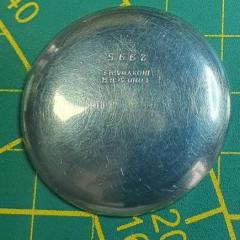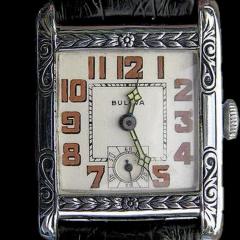Chat About Watches & The Industry Here
Discuss anything about watches and the watch industry.
2414 topics in this forum
-
- 3 replies
- 4.5k views
-
- 8 replies
- 2.5k views
-
- 2 replies
- 1.7k views
-
- 2 replies
- 1.7k views
-
- 16 replies
- 3.7k views
-
- 17 replies
- 3.9k views
-
- 2 replies
- 1.6k views
-
- 9 replies
- 2.7k views
-
- 1 reply
- 2.5k views
-
- 4 replies
- 2k views
-
- 8 replies
- 2.4k views
-
- 4 replies
- 4.3k views
-
- 11 replies
- 3.2k views
-
- 4 replies
- 1.9k views
-
- 4 replies
- 1.8k views
-
- 8 replies
- 2.6k views
-
- 5 replies
- 2.1k views
-
- 5 replies
- 19.2k views
-
- 20 replies
- 5.1k views
-
- 18 replies
- 5k views
-
- 6 replies
- 2.2k views
-
- 20 replies
- 5.6k views
-
- 6 replies
- 2.2k views
-
- 14 replies
- 3.6k views
-
- 8 replies
- 3k views




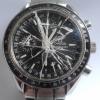
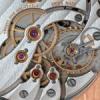
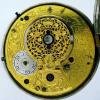




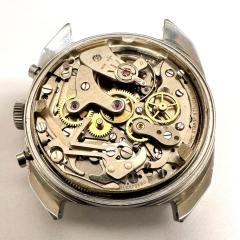
.thumb.jpg.19a9c4ff164d78d516aa9f05a063752b.jpg)
